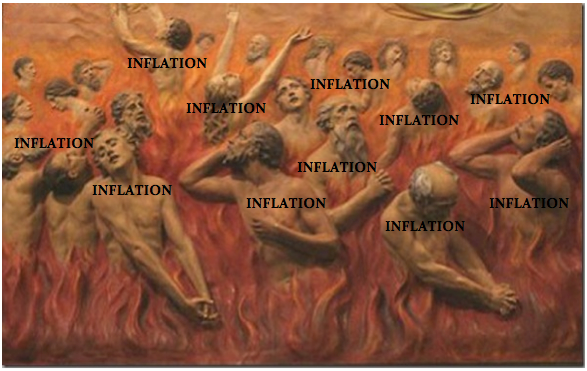Most of the world, and most notably the United States, is in the grip of fiscal myths fostered by the ideology of neoliberalism. There is virtual unanimity across the major political parties in the United States in accepting the viewpoint of neoliberalism, and the fiscal myths associated with it.
This book is about these myths, the arguments showing that they are, indeed, myths, and the truths that can counter them. It is about Campaign 2016, and some of its issues, because the fiscal myths will certainly be used in the Campaign; since, for the first time in a very long time, there is a major party candidate running, who, because he advocates for a very broad agenda and for fighting inequality, will, sooner or later, find that some, and perhaps a large number, of fiscal myths are being directed at him by his opponents and their supporters, who want to persuade voters that his agenda is “fiscally irresponsible.”












